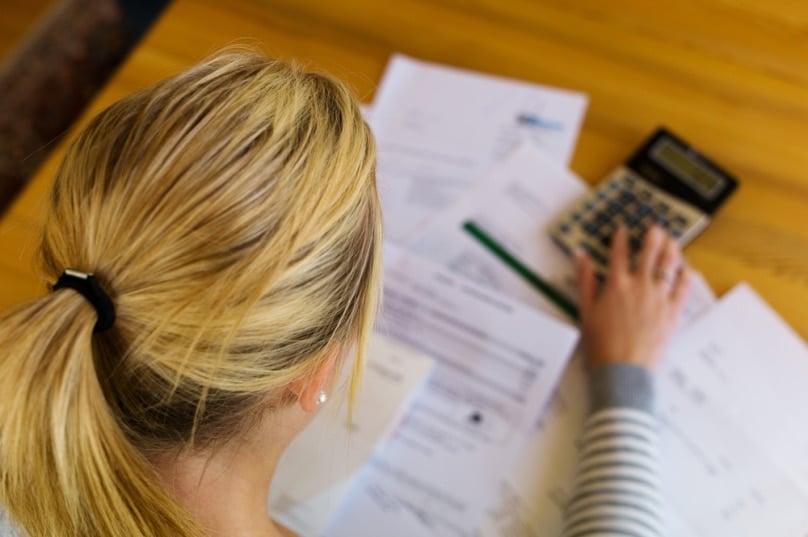
New cuts to family payments will come into force largely unnoticed on 1 July, obscured by the frantic last moments of a very long federal election campaign.
When families sit down to watch the results roll in and to discover who will be the Prime Minister, many will be significantly worse off regardless of whom it turns out to be.
Family Tax Benefit Part B (FTB B) is a payment to single earner families with dependent children. Both married parents and sole parents are currently eligible. It’s about $60 a week.
Originally contained in the Abbott government’s 2014 Budget, the changes that come into effect on 1 July will remove access for married couples when their youngest child turns 13. This was originally part of a much larger package of cuts that would have impacted on single parents as well.
However, this cut was the only agreeable one to the Labor opposition and so the new Turnbull government, desperate for Budget savings, split the package.
With the rest stalled in the Senate, only those cuts that impact couple families will proceed.
In a cynical grab for Budget savings, the government has established a new regime that discriminates against single earner families and will hurt stay-at-home mums and their children. There’s an ugly philosophy underpinning these changes that says that choosing to raise your children full time is neither valued nor respected and should attract a financial penalty.
These changes will have a major impact. More than 76,000 families around Australia will lose almost $10,000 each over the first three years of the cuts.
That’s money for school textbooks, uniforms, healthy food and all the things teenagers need to learn to the best of their ability throughout high school.
Apart from the fact that these changes are going to hit those least able to afford it, they are a new and absurd attack against a mother’s decision to stay at home for her children.
Nor are they based on any assessment of need.
Once the youngest child turns 13 an out-of-work couple struggling to meet the needs of their family in our changing economy is not eligible for any payment, but a sole parent on $100,000 per year can receive the full FTB B payment.
Until recently it was common ground between successive governments that parents should be assisted through family payments to exercise a choice as to how they will care for their children.
The work of parents in the fulltime care of their children is of enormous value to them, their children and the community as a whole.
The desire for increased workforce participation was and should be subject to those fundamental values and principles concerning the exercise of family responsibilities and the care for children.
Well, that all seems to have changed.
The major parties have united to take money from the pockets of mums who choose to stay home.
With the parliament adjourned and the government in caretaker mode, it may be too late to stop these unjust changes in the short term. But we can try to force change when the new parliament resumes.
No cuts to families in need should proceed, but the absurdity of these discriminatory measures should highlight the need for a full review of family payments so that families can be better supported in their decisions to care for their children.
